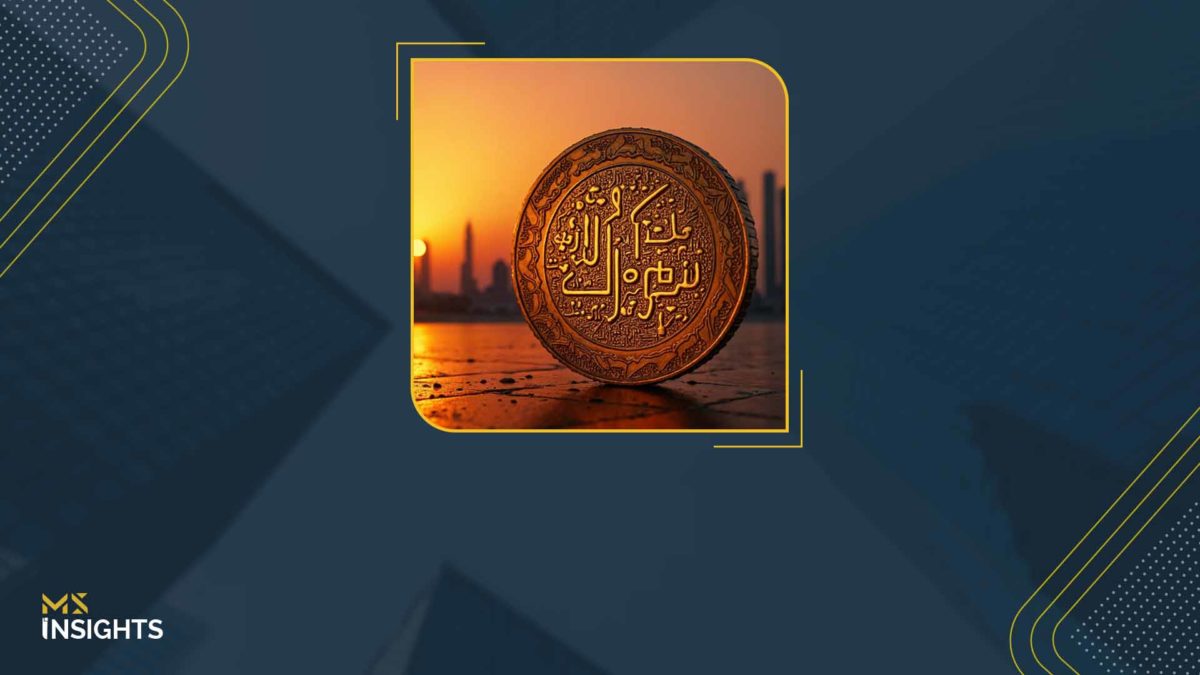In an age where the call for financial clarity resonates louder than ever, corporate registries emerge as the main players in the field of business accountability. As governments worldwide tackle the troubling misuse of corporate entities in schemes like money laundering and fraud, the push for transparent and accessible registries has become increasingly urgent. These registries represent more than mere regulatory frameworks; they are essential conduits for fostering trust and integrity in commerce.
Addressing AML and fraud is crucial, and the Financial Action Task Force (FATF) and European Union (EU) Anti-Money Laundering Directives (AMLD) have established important register requirements. The FATF rules apply to 38 countries and two regional groups, including the GCC and the European Commission, helping to promote transparency and effectively combat money laundering.
In the face of change, let’s delve into the trends that can redefine the future of corporate registries.
Regulatory changes
The rising scrutiny on financial crimes is pushing registries to strengthen their compliance measures and enhance data integrity. With government, regulators and international bodies ramping up their focus on preventing money laundering, corporate registries are feeling the pressure to implement more robust systems for verifying and maintaining accurate information.
It’s high time to strengthen the corporate registry as an AML tool. But before that addressing their significant challenges is equally important. The overlapping regulations of international intergovernmental organizations and other authorities controlling the registers create operational difficulty. The challenge of maintaining accurate information and managing multiple compliance strategies significantly impacts the effectiveness of registries.
Global Collaboration
In our increasingly interconnected world, effective global collaboration among corporate registries enhances transparency and strengthens the fight against financial crimes. By sharing information and best practices, registries can more effectively address challenges like money laundering and tax evasion.
Events like the Corporate Registers Forum (CRF) are at the forefront of this movement. They offer a unique opportunity for registry professionals to engage in discussions about the latest developments and innovations in corporate business registration. By participating in these exchanges, registries can not only improve their current practices but also shape the future of corporate registration on a global scale.
Technological Advancements
The move toward complete digitalization of registries—shifting away from complex paper-based processes—promises enhanced security, efficiency, and accuracy in data management. As AI and blockchain technologies gain traction, registries must strike the right balance between adapting their regulatory frameworks and effectively harnessing these cutting-edge technologies. This includes addressing potential challenges such as data privacy, security risks, and the need for robust governance structures. By proactively managing these aspects, registries can ensure they are not only efficient and secure but also resilient in the face of evolving technological landscapes.
Data Quality
Inaccurate information can lead to serious issues like fraud and misuse, undermining trust in the system. This is where data quality comes into play. The registries must implement robust systems for checking and validating data. Leveraging advanced technologies such as artificial intelligence for automated data analysis and blockchain for secure, tamper-proof records can significantly enhance accuracy. By combining these technological tools with careful human oversight, we can ensure that the information remains reliable and up to date. This approach not only strengthens the integrity of the registries but also helps them serve as trustworthy sources of information for everyone, including government agencies and the public
Corporate Registers: Key to Regulatory Integrity in the IFC’s
These global trends are mirrored in the UAE, where the establishment of 46 Free Zones—each with its own regulations—has created a dynamic business environment. The UAE’s strong commitment to addressing AML regulations and leveraging technology aligns perfectly with the growing demand for transparent corporate registries. The recent removal from the FATF grey list in early 2024 underscores the UAE’s dedication to combating money laundering and terrorist financing, which, in turn, boosts investor confidence in its regulatory framework.
Prominent financial hubs in the region, such as the Abu Dhabi Global Market (ADGM) and the Dubai International Financial Centre (DIFC), illustrate how effective regulatory cooperation can elevate compliance standards and position the UAE at the forefront of global financial trends. By expanding the scope of digital assets within their regulatory frameworks, these international financial centers attract global businesses while remaining fully compliant with international regulatory standards.
As these significant changes unfold, it is imperative for registers to maintain effectiveness and trustworthiness.
Amid these ongoing amendments, community forums like the CRF will provide invaluable networking opportunities for registrars. With this year’s CRF happening in the Gulf and hosted by QFC, the event fosters the exchange of actionable insights that will shape the future of corporate governance and business facilitation in a rapidly evolving regulatory landscape.









